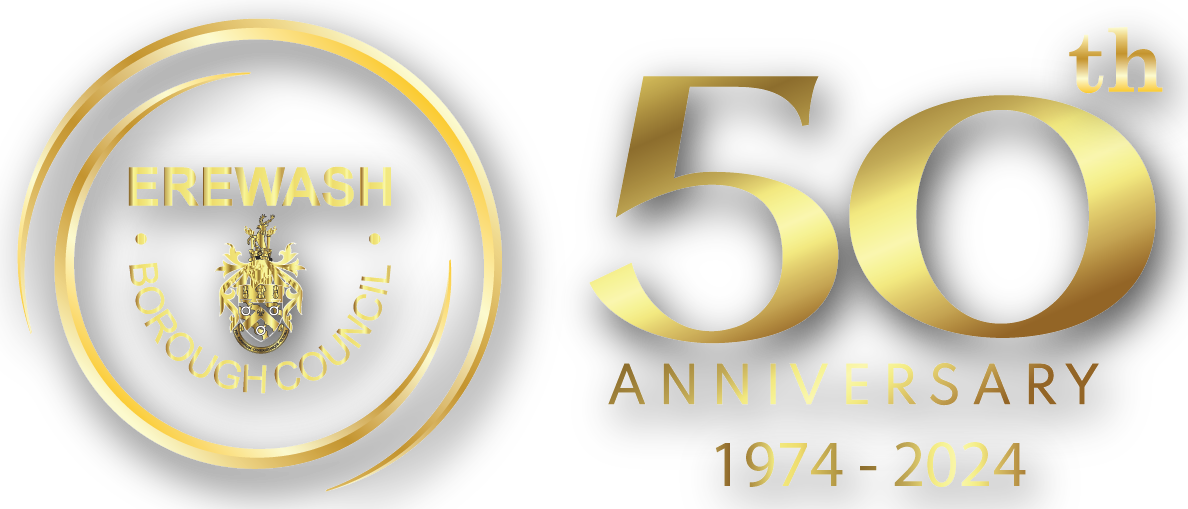Home Composting
We have teamed up with getcomposting.com to offer 1,000 discounted home compost bins for Erewash residents.
Two different size bins are available:- 220 litre compost converter bin £14.20 (plus £6.99 delivery).
- 330 litre compost converter bin £19.90 (plus £6.99 delivery).
Enter your postcode and click on the compost converter bin. Select the colour and size. Please be aware it may take a few seconds for the discounted price to display. The offer is limited to one bin per household. Buyers will receive a small guide on how to get composting.
Why home compost?
There are lots of good reasons to compost. It saves money, saves resources, can help to improve your soil and can reduce your impact on the environment.
Research has found that almost half of the food waste in the average rubbish bin could have been composted. You can do your bit to reduce the amount of waste sent for costly disposal by composting your food and garden waste at home.
Find out how easy it is to get started here How to set up home composting | Recycle Now.
What is composting?
Composting is an inexpensive, natural process that transforms your kitchen and garden waste into valuable food for your garden soil. Finished compost is great for feeding your flower beds, vegetable plots, and for mixing into planters, and can make your garden bloom.
By composting at home, you can reduce the amount of rubbish you put out for collection in your black or brown bin, and you return important nutrients and minerals to your soil.
Composting is cheap, it’s easy to make, and it’s even easier to use.
Home composting units should always be placed directly on to your garden. Do not place the composter on to slabs or polythene as this slows down the rotting process and stops worms and insects entering the bin and breaking down the material.
From an environmental point of view, home composting is the best option for dealing with waste that otherwise would end up in landfill or as a soil improver for someone else. It also reduces the amount of waste for collection, transportation and incineration.
What can I put in a compost bin?
-
Fruit, salad and vegetable peelings
-
Fallen leaves, grass cuttings and hedge trimmings
-
Cardboard egg boxes and egg shells
-
Plants that have died but were not diseased
-
Teabags.
What can't I put in a compost bin?
-
Raw or cooked meat and fish
-
Dairy products
-
Uneaten food from meal times
-
Diseased plants or weeds
-
Glossy magazines
-
Animal waste.

